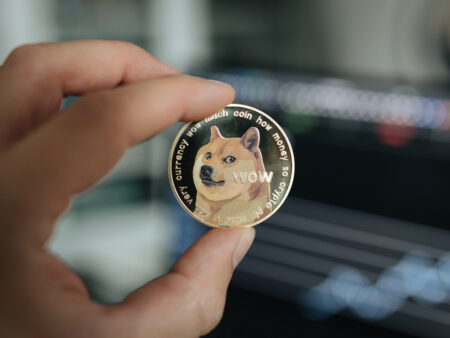Kronos Advanced Technologies, a company at the forefront of air purification technology in the United States, has recently made headlines by integrating Shiba Inu (SHIB) as a payment method for its products. This marks a significant milestone as it is the first instance of a publicly traded company in the US adopting SHIB for transactions in the air purification space.
The integration of SHIB into Kronos’ payment system not only caters to tech-savvy customers but is also a strategic move to enhance the company’s sales strategy, according to Greg Rubin, the CEO of Kronos. Given the rise of digital currency use and the growing interest in cryptocurrency amongst consumers, tapping into this trend could spell a competitive edge for the company.
To encourage customers to use SHIB as their preferred payment method, Kronos is offering an attractive 10% discount on purchases made with the cryptocurrency. This incentive aligns with the company’s innovative approach and may help in boosting sales through the convenience and modernity that cryptocurrency transactions bring.
The decision by Kronos is not isolated within the business arena. Other companies in technology and healthcare sectors are also exploring incorporating cryptocurrency payments. For example, xPortal app and Amoré Orthodontic Aligners are considering adopting SHIB among other cryptocurrencies.
This growing trend illustrates a broader shift in commercial transactions, where businesses are offering new payment options to consumers. Acceptance of cryptocurrencies like Shiba Inu reflects the increasing comfort with and demand for digital currencies in the global economic and commercial environment.
Moreover, for companies like Kronos, this adoption is seen as a gateway to innovation. It offers a way for businesses to stay relevant and appealing to a market segment that values technological progressiveness.
The adoption of SHIB by reputable companies is a clear indicator of the cryptocurrency’s rising popularity and viability. As digital currencies continue to infiltrate various sectors, their integration into companies’ payment systems will likely become more common, fostering a new era of financial transactions and technological advancement in the daily operations of businesses.










